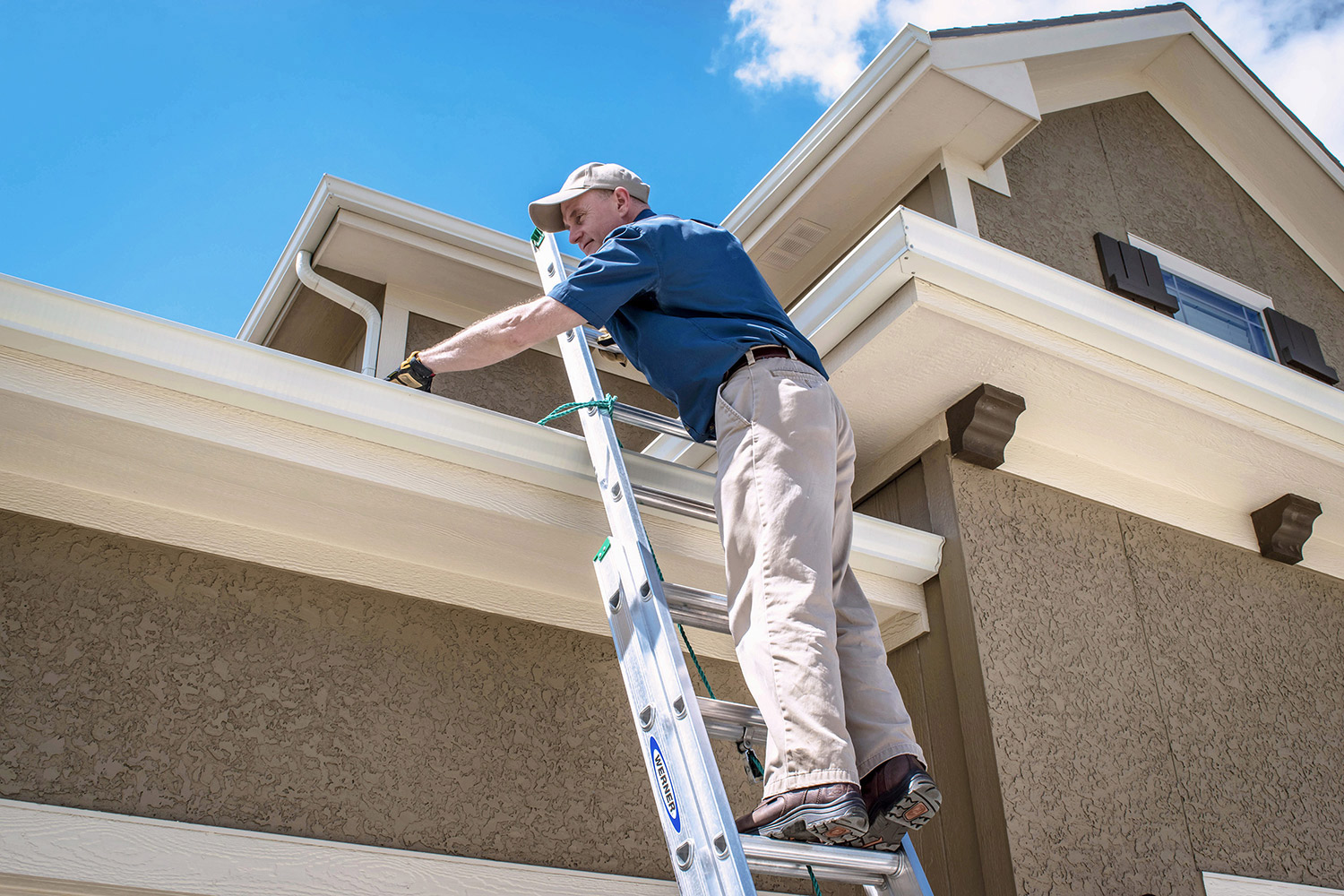You absolutely need to hire a home inspection – here is why.
There is so much going on in your life right now as you head to the closing table. One sure fire way to ease the stress of buying a home is to make sure that you hire a quality home inspector. If you think an inspection is not worth the money, think again. To make things easier for you, we have compiled the most comprehensive home inspection checklist for first time homebuyers.
First, understand what you are buying
First time homebuyers often wrongly assume that an inspection is not worth the cost. The truth is that it is a critical part of the home buying process. Most requirements for home inspections vary by state, and your lender might have specific requirements for an inspection – or they might not require one at all. That does not mean you should skimp on this necessary purchase.
Make sure that you hire a certified home inspector. There are plenty of databases that you can search. Look for certifications from either NAHI, ASHI, or InterNACHI. If you are not sure where to start, ask your agent. Chances are they have a list of vetted, qualified inspectors with whom they work regularly. If you are not using an agent, ask your lender.
No matter how you find your inspector, make sure that you follow this simple guide.
1. Check the licensing requirements in your state.
2. Vet and review all online recommendations for the inspector.
3. Ask to see a sample inspection report and review to make sure it is clear.
4. Know what is covered during the inspection and what is not.
5. Let the inspector know you will be present during the inspection.
What does an inspector do?
A good home inspector will thoroughly review your home and identify anything that might be a
problem. These could range from obvious issues or potential issues that might crop up later on. When you hire an inspector who has been in the business for a while, you are going to be protected both now and in the future. Be sure you have reviewed your contract to see if there is a home inspection contingency. This contingency might limit the amount of time you have to complete your inspection.
Just because you have the perfect inspector does not mean your work is done. You should be involved in the inspection process because this is your home! It is important to know as much about it as possible.
Here is what you will need to do both during and after the inspection.
// The Ultimate Inspection Checklist //
Make sure you go to the inspection
All you have to do is show up. This is super important because it allows you to find out about any
potential issues right from the start. Of course, you do not need to follow your inspector around. During the inspection is the perfect time for you to plan out how you are going to arrange rooms or measure windows and floors for new curtains or rugs.
Make a list of what should be inspected.
Your inspector is going to come with a preplanned list of areas to inspect, but you should not just rely on that checklist. As the buyer, it is crucial that you have your own checklist too. There is naturally going to be overlap with your list and the inspectors, but that is okay.
Here are some areas that you should include on your checklist:
- All appliances that come with the home
- All doors and windows
- Attic
- Basement
- Crawl spaces
- Electric wiring – this includes the electric panel, light switches, power outlets
- Exterior – paint, brick, stones, stucco, driveway
- Foundation
- Garage
- HVAC system and thermostats
- Plumbing – this includes fixtures, faucets, water heater
- Porches and balconies
- Rain gutters and downspouts
- Stairs, railings, banisters
- The roof
- Walkways
- Walls, floors, ceilings
Know what is covered and what is not
Some things are not covered during a routine home inspection. Most inspectors will limit their liability
based on the amount that you have paid. In other words, if you want something more thorough, you are going to have to pay up if you want it professionally checked. Alternatively, you can do it on your own.
Other areas to consider during an inspection are:
- Drainage
- Fireplace and chimneys
- Floors underneath the carpet
- Lawn sprinklers
- Pest infestation
- Sewer lines and septic tank
- Strange odors
- Swimming pool and equipment
- Trees and landscaping
If you are purchasing a home during the colder months, remember that snow or ice can prevent an
inspector from reviewing the roof and driveway. Try to schedule at a time when these areas are clear.
Take photos and notes
Protect yourself and your future investment by taking photos of anything the inspector discovers. This will help if the seller is hesitant to fix certain things. Taking notes is a good idea, too, and make sure you ask your inspector any questions about things that are not clear.
Carefully review the report
Even though you were present for the inspection, there might be things that you missed. That is why it is important to read the report very carefully. Your inspector will likely take a few days to compile the information and return it to you. That is to be expected; do not let it worry you.
After you have read the report, you should make sure to do the following.
1. Take notes of anything confusing.
2. Call the inspector and ask questions or set a meeting to clarify confusing sections of the report.
3. Ask for an opinion on the estimated cost of repairs. Not all inspectors will give you a number, but some might.
4. If significant repairs are needed, call several contractors to get estimates.
5. Then, call your real estate agent to discuss the report.
If the home inspection reveals major issues that the seller did not disclose, you might want to reconsider purchasing the home. Minor repairs are not that big of a deal, but major problems can become costly quickly.
A home inspection is a valuable tool for you to evaluate the condition of the home and determine if the repairs that are needed are worth the cost. Inspections allow you to understand the condition of your home thoroughly. Instead of relying only on the home inspector, make sure you do your due diligence and perform your own inspection. Couple your efforts with a reputable, having a qualified home inspector means there is one less thing to worry about during this exciting time.



